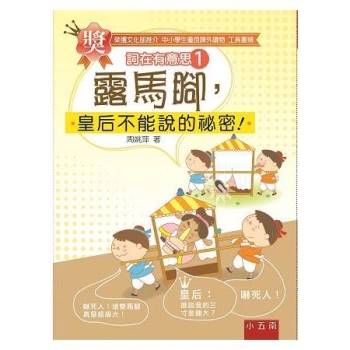We live in a world where children have grown up in exile as refugees and have never known their actual home. The question of their educational integration becomes secondary to evacuation and their basic needs. Chronicling the myriad of challenges which come with educating refugees and displaced students, this edited collection explores the integration of students in the universities of their host countries, and the associated language and cultural dilemmas that emerge as a result.
Delving into the experiences of academics who are in exile and the hardships they face in remaining attached to their profession, chapters present a broad view of higher education during war and displacement. Addressing issues such as quality maintenance, authors consider how degrees are often not universally recognized and how this can limit job prospects for displaced students and academics. Featuring an integrative and rigorous review of interventions and theories to help mitigate educational challenges in times of crisis, the chapters also explore the ways that refugees and displaced students contribute to and enrich the universities and communities that host them. How can access and quality be maintained even while providing education during an emergency?
Collating case studies that exemplify effective practices for accommodating students and academics in exile, this volume is a timely examination of a critical challenge and all it promises to overcome.

 看圖書介紹
看圖書介紹










